- Top
- Mini-Theater Lineup
- Cinema de Aeru
- Mini-Theater
- Cinema de Aeru
 ABOUT THE THEATER
ABOUT THE THEATER
The building boasts a history of approximately 200 years. Originally a sake brewery, this community theater was skillfully renovated by hand. It now serves not only as a unique screening venue curated by project members from diverse corners of the country but also as a base camp for engaging with the local community through cultural events and fostering meaningful connections.
This remarkable structure is recognized as a national tangible cultural property, surviving miraculously amidst the devastation caused by the 2011 Great East Japan Earthquake in a coastal town of the Tohoku region.
While visiting, you can relish the unexplored charms of the Iwate coast, its picturesque scenery, rich traditions, captivating culture, and delightful cuisine. These treasures are not yet widely known to the world, making your experience even more special and unique.
Staff
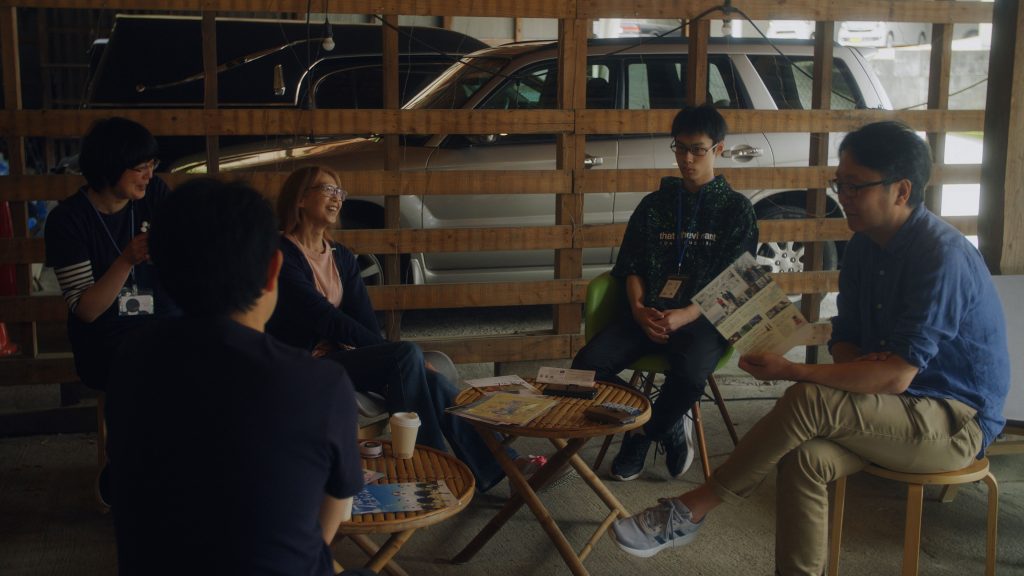
History
-
- 2011
- The Great East Japan Earthquake occurred. Activities for regional reconstruction through film began.
-
- 2012
- The members held the "Miyako Hokkori Film Festival", a film festival based on reconstruction and people.
-
- 2016
- The last permanent movie theater in the coastal area of Iwate Prefecture, "Miyako CINEMARINE" closed.
Started the "Cinema de Aeru Project".
Started using the venue for the "Miyako Hokkori Film Festival".
-
- 2017
- Regular screening started.
-
- 2019
- Building registered as a national tangible cultural property (structure).
Information
- ADDRESS
- "Azumaya's Storehouse", 2-2 Motomachi, Miyako-shi, Iwate-ken, 027-0089 Japan
- Web
- https://cinemadeaeru.wixsite.com/cinema-de-aeru
- SNS
 RECOMMENDED FILM
RECOMMENDED FILM
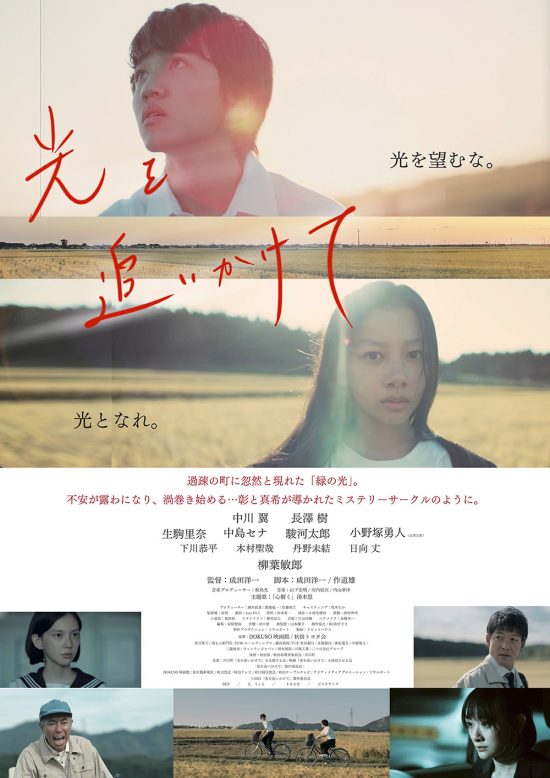
- Follow the Light
- 2021 / Drama, Sci-Fi / 104min G

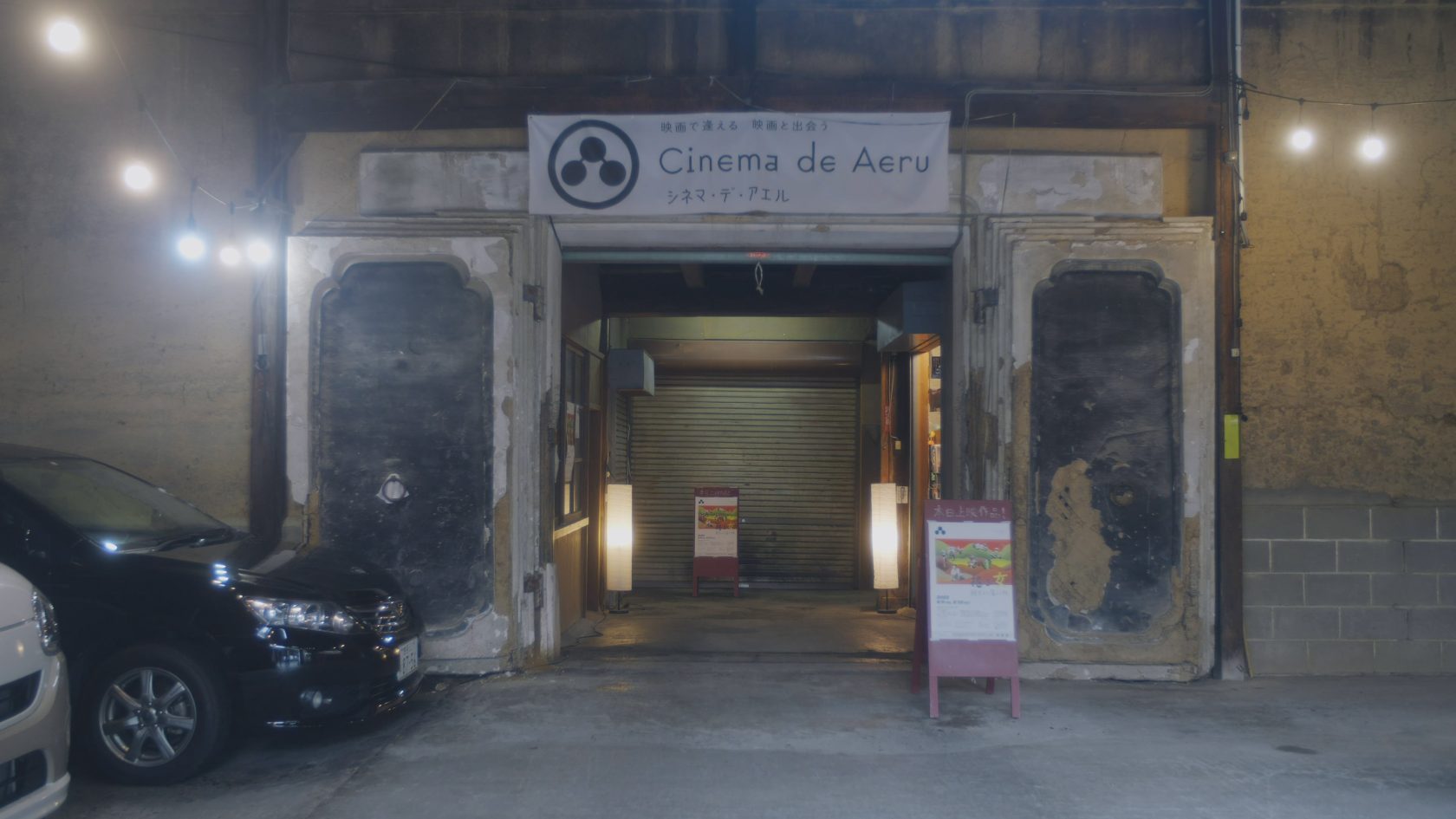
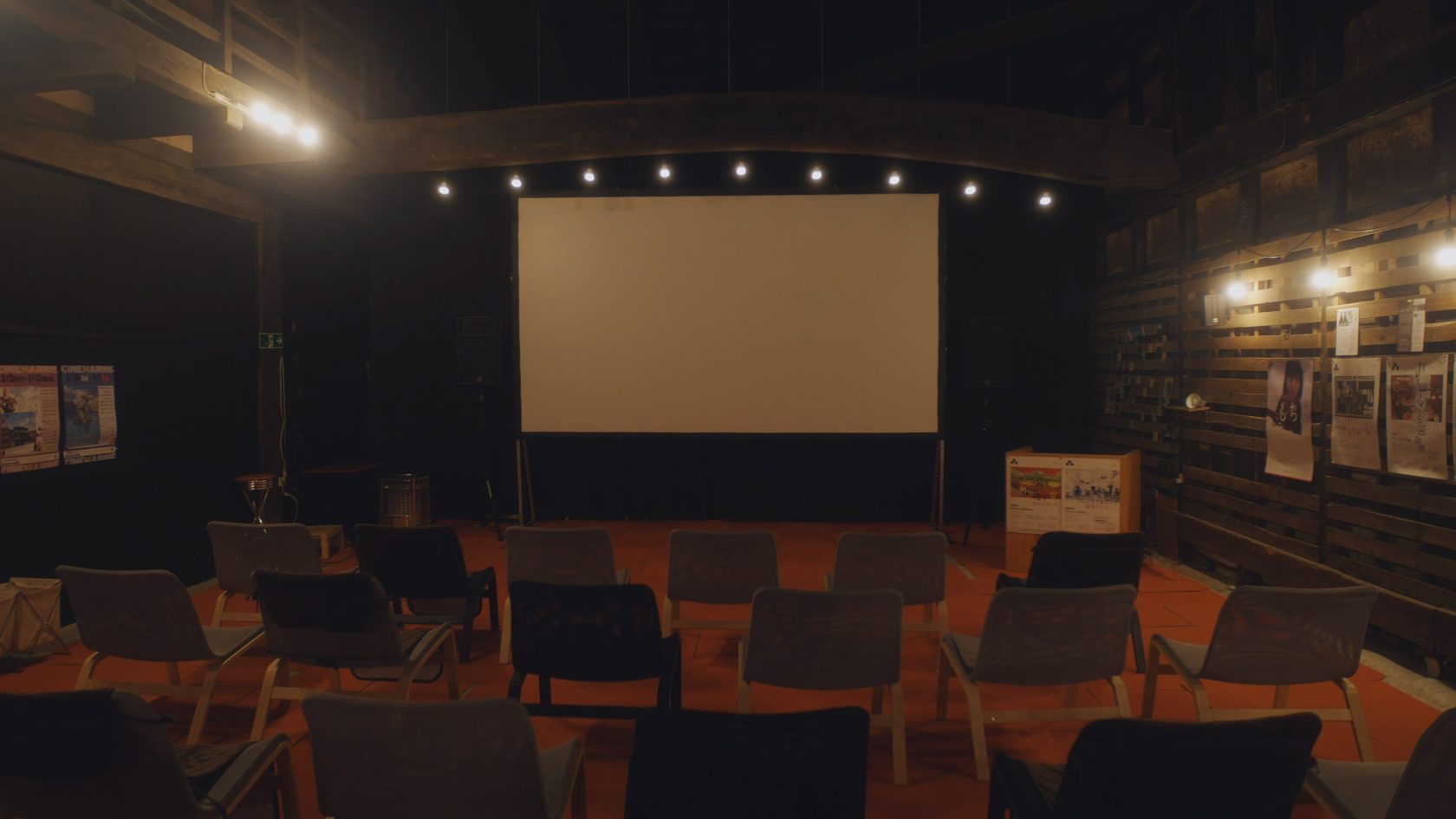
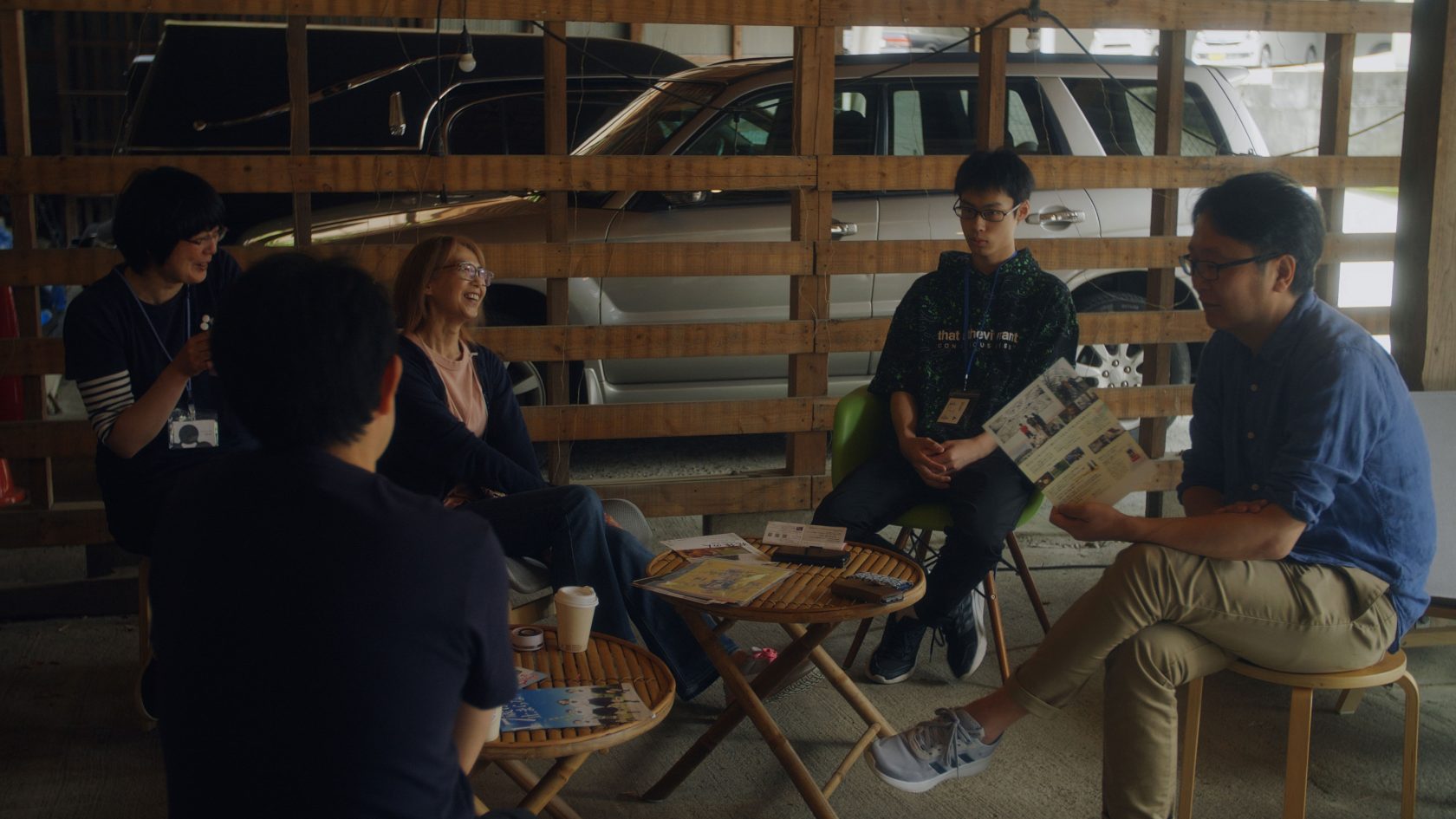
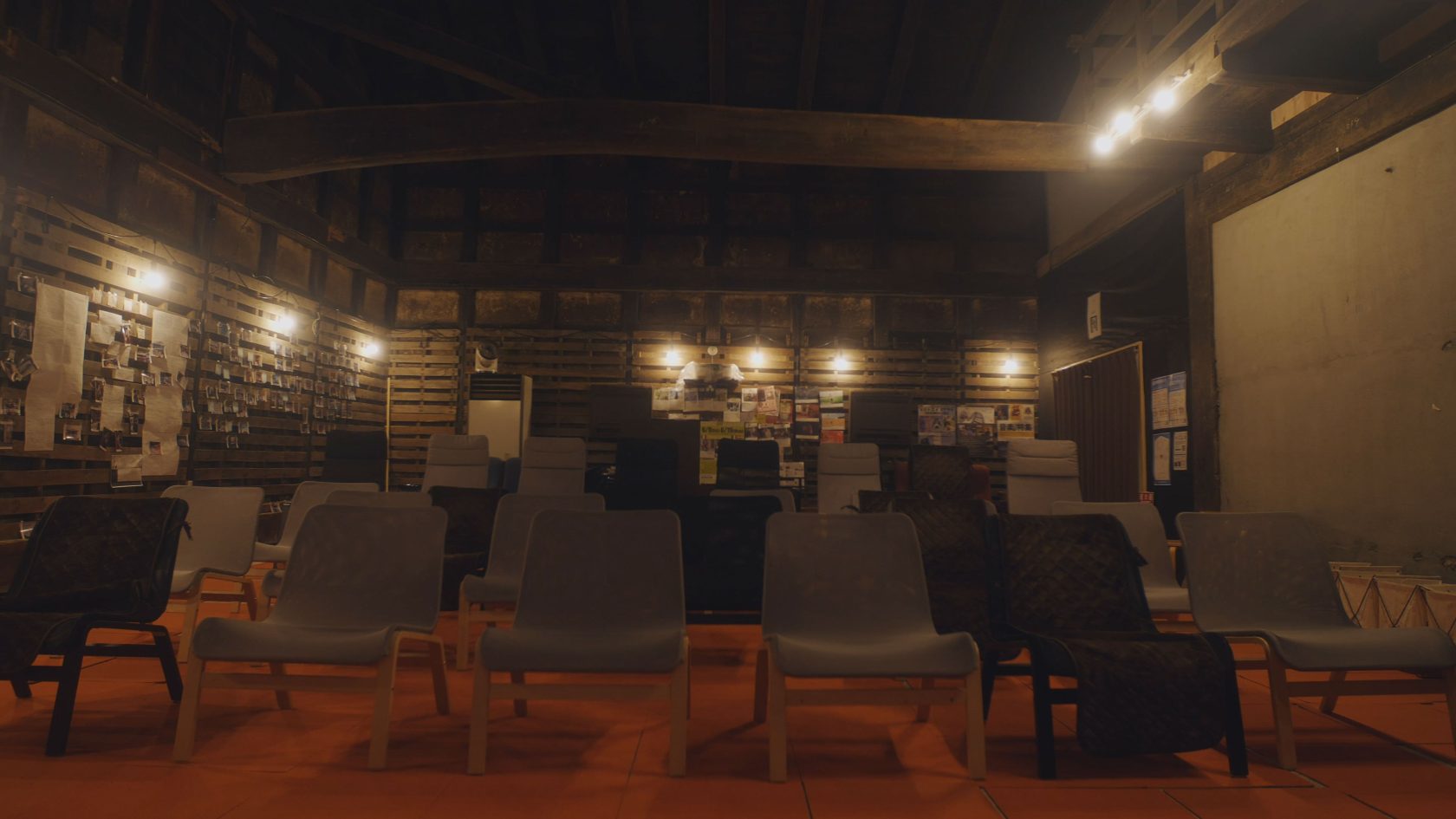
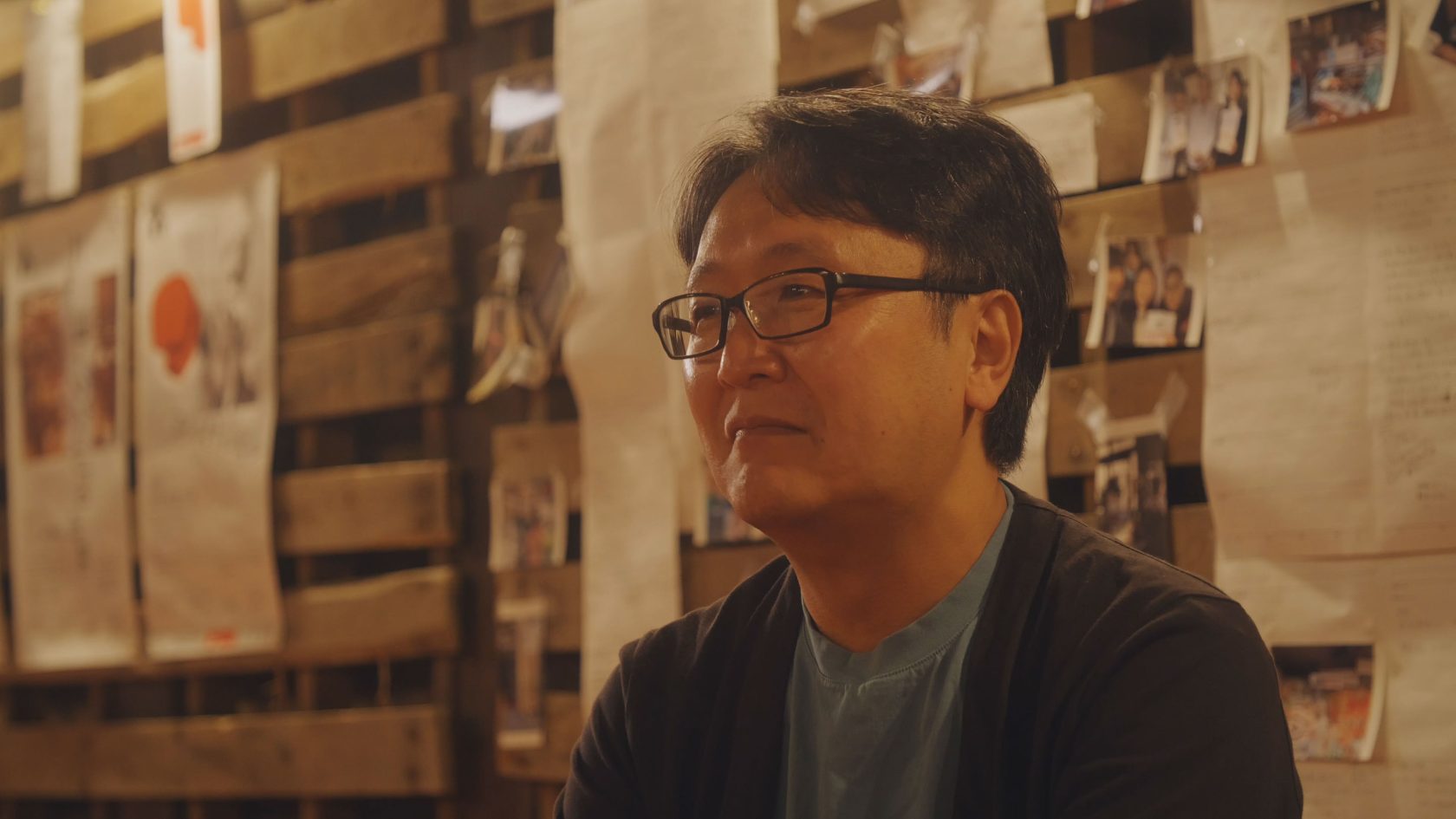
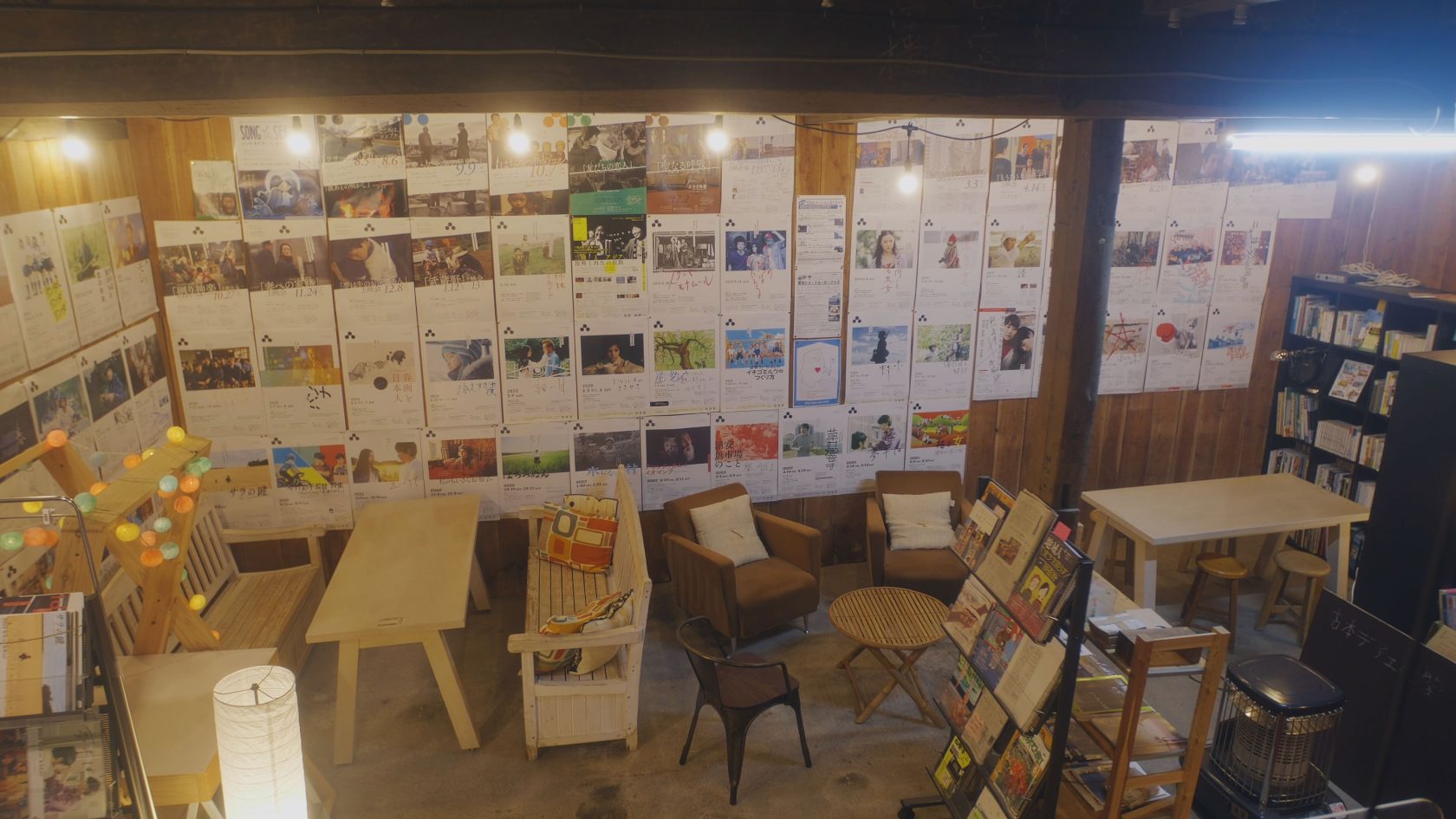
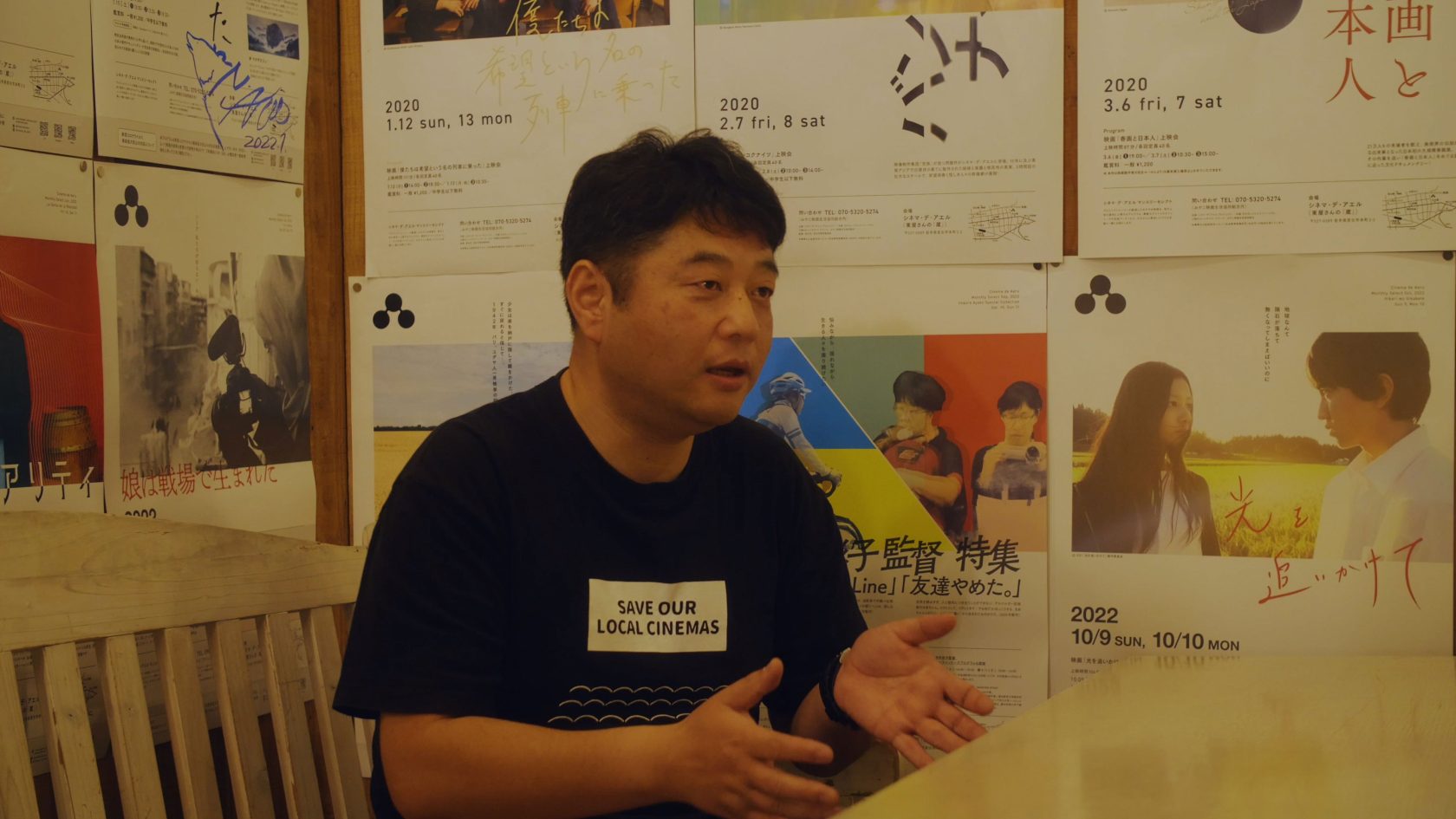
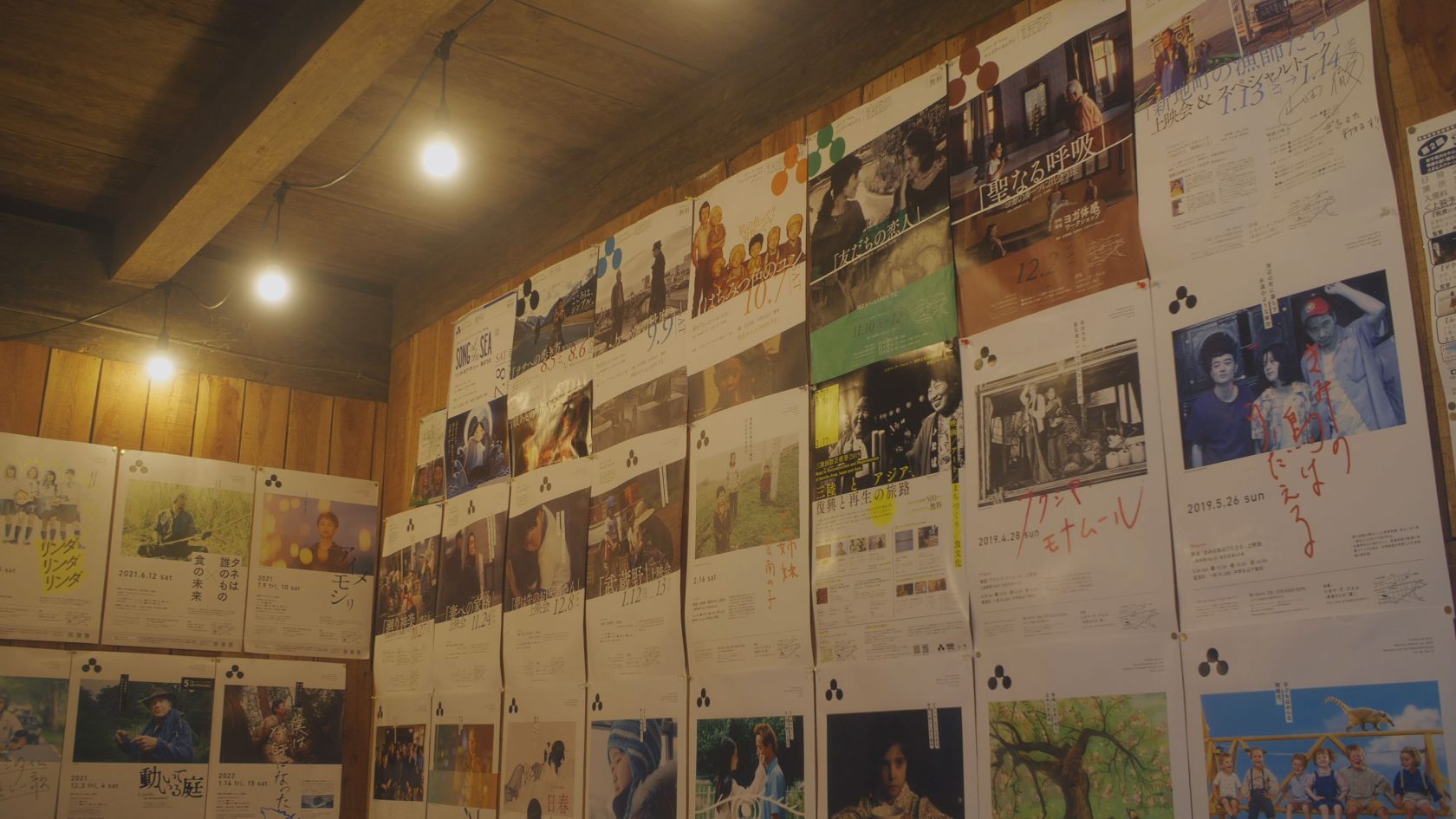
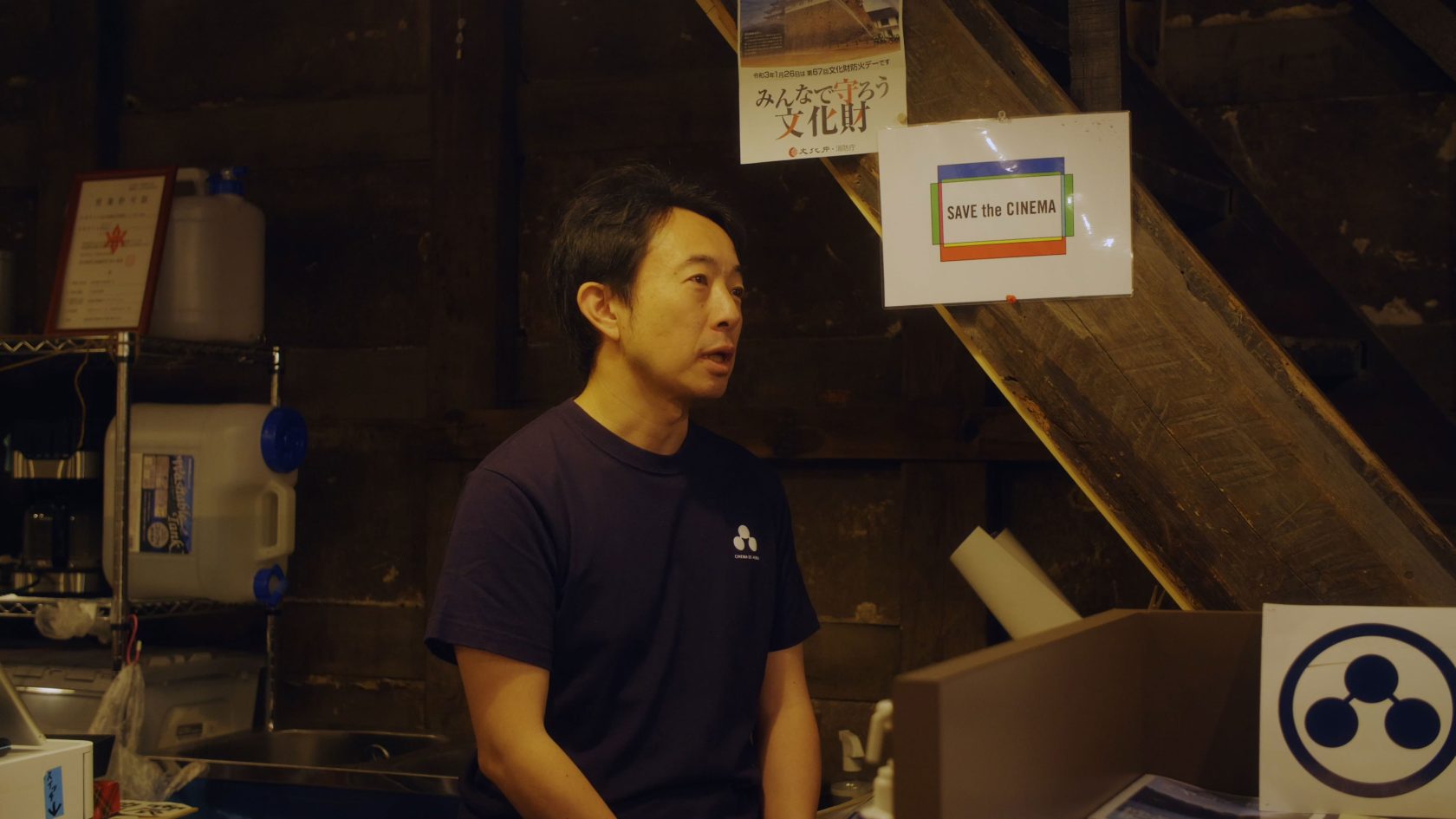
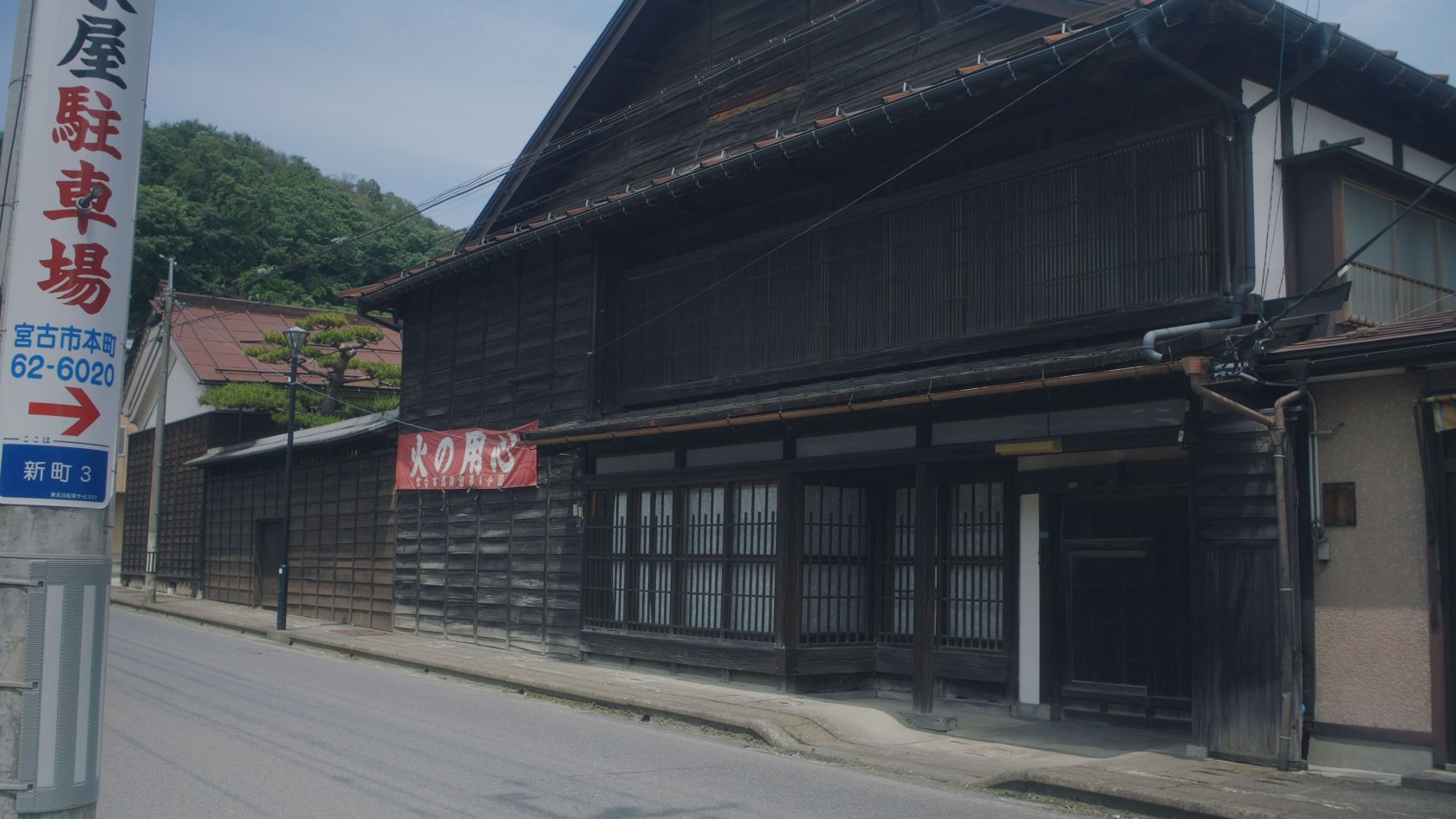
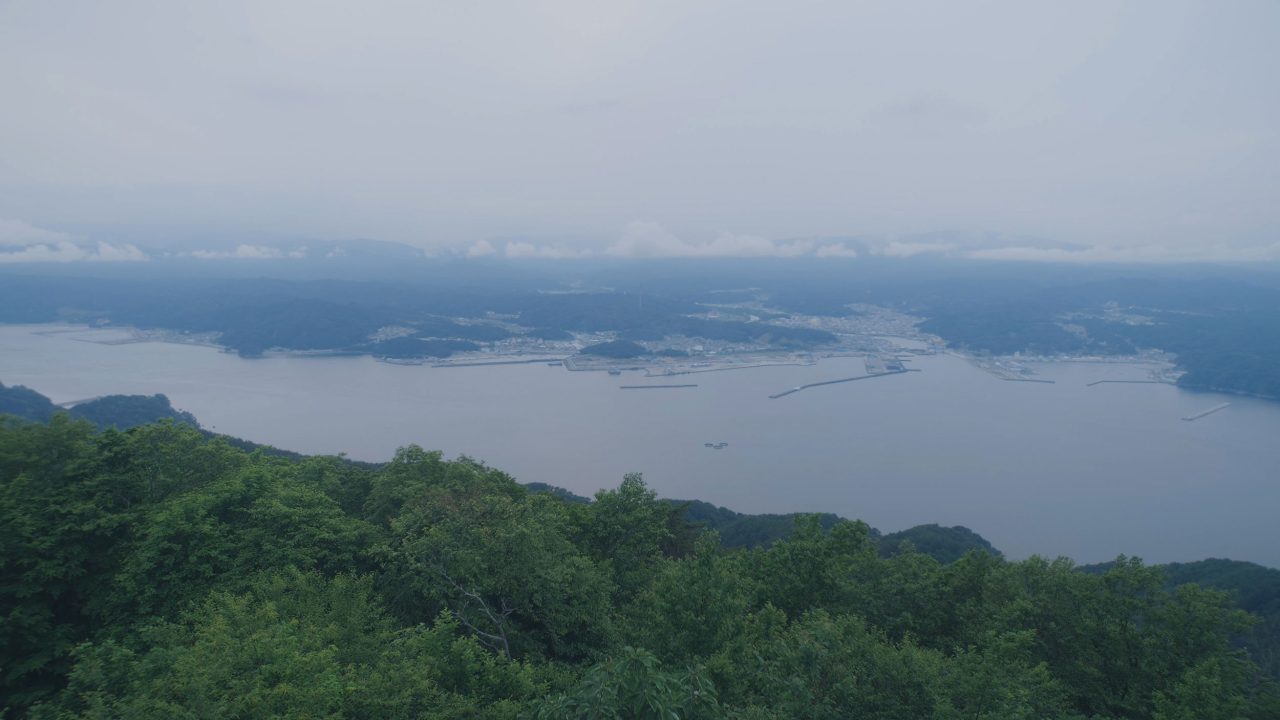
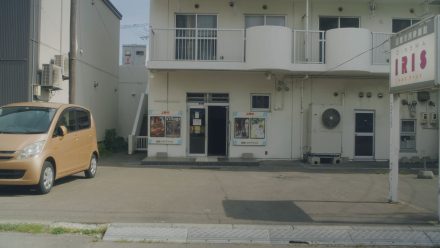
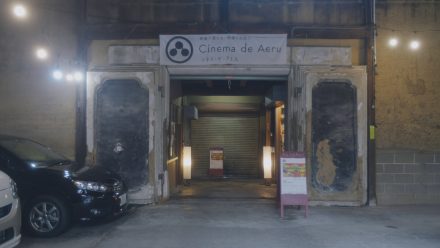
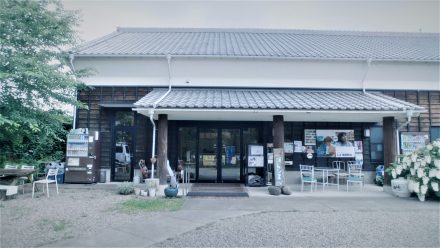
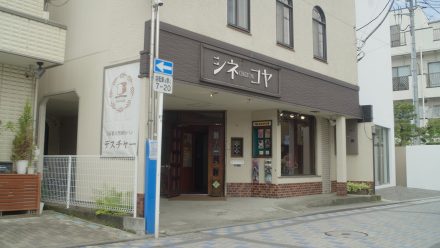
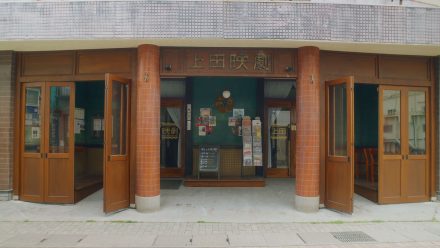
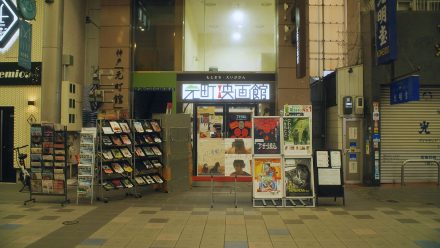

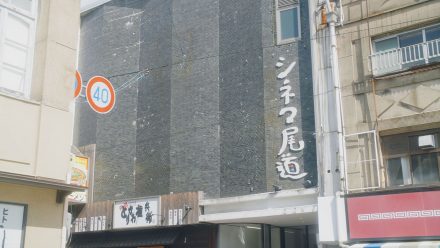
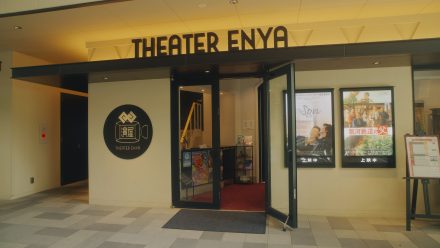
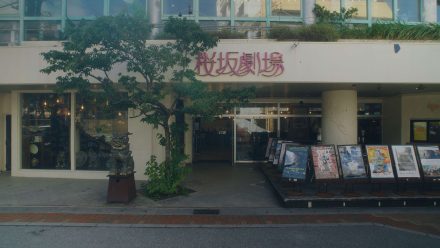
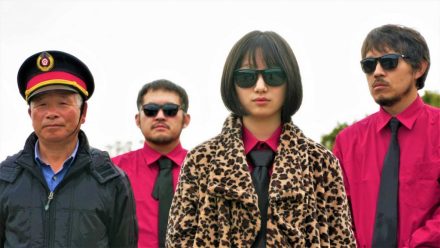
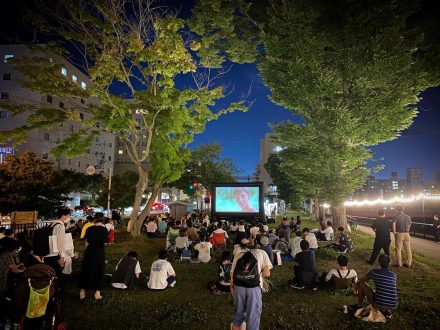
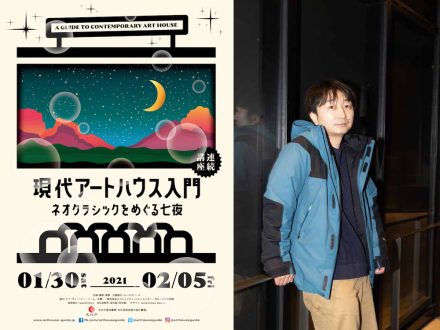
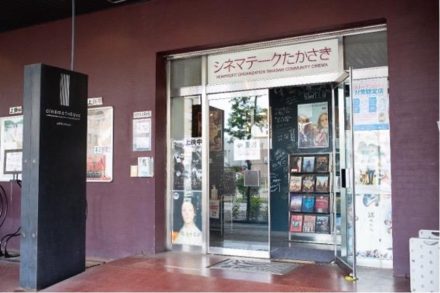
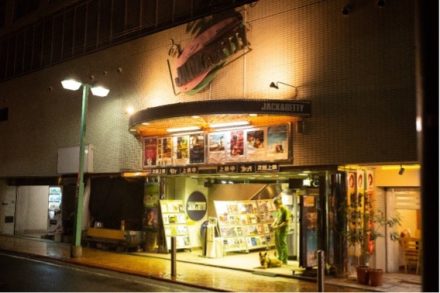
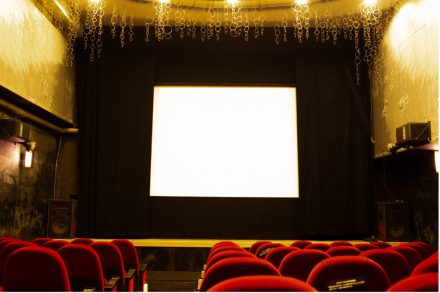
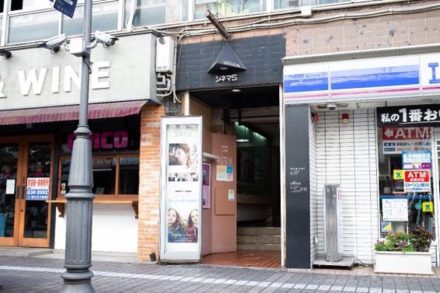
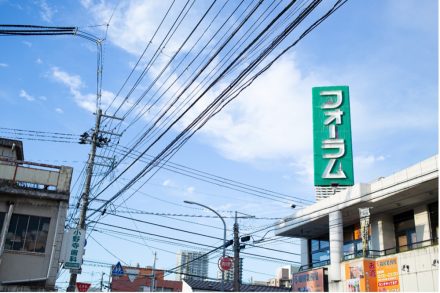
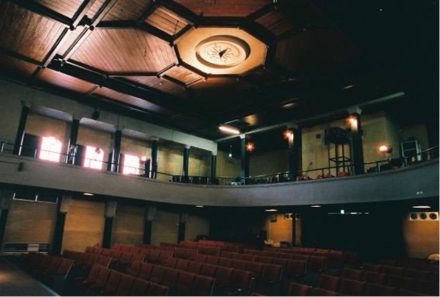
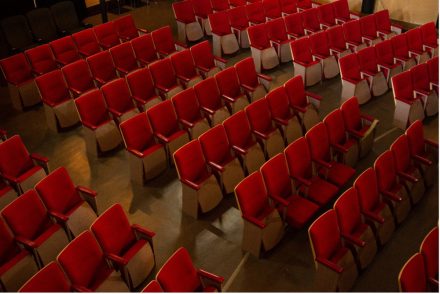



Comments from the Theater
In rural areas of the Tohoku region, despite their traditional, high-quality agriculture, rich history, and culture, their strength wanes in modern society. The breakdown of long-standing relationships among people who have cared for and supported each other deepens the feeling of hopelessness that seems to engulf everyone.
The film revolves around a School Closing Festival, with the tagline "Don't hope for the light. Be the light." It skillfully portrays the stark contrast between beauty and loneliness, even in areas that have reached the "limit" of their future. This expression is a testament to director NARITA Yoichi's affection for his hometown of Akita. The performances of young boys and girls, the breathtaking rural landscapes, the mysterious development, and the finale create an engaging experience. Please enjoy it.